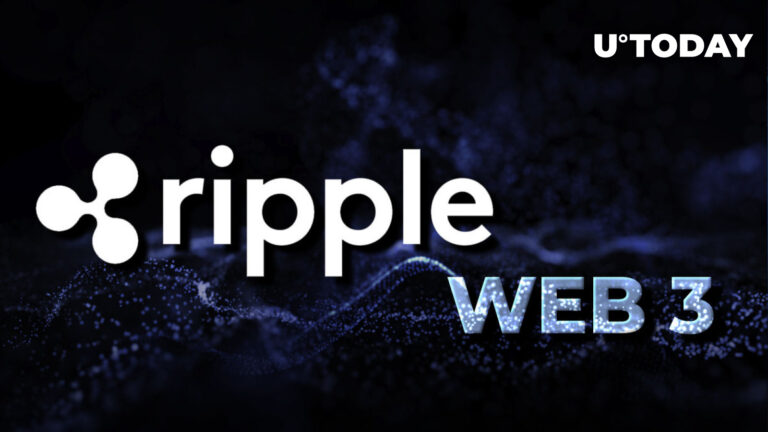
Source: news.google.com
Vibe wrote in a recent tweet: “It’s time to take ownership of your data.” This refers to the concept of decentralized identity, which was explained by Ripple CEO Monica Long in a one-minute video clip. Monica Long explains in the short 60 second video how decentralized identity could give people new power to control their personal data online in a future Web3.
⏱️ It’s time to take ownership of your data.
Listen to Ripple GM, @MonicaLongSF—In less than 60 seconds!—how decentralized identity can give people new power to control their personal data online in a Web3 future. #CryptoInOneMinute pic.twitter.com/nqiiXN9yWc
— Ripple (@Ripple) January 9, 2023
Following the collapse of the FTX exchange in November, the saying “Not your keys, not your coins” has resurfaced. The phrase conveys the idea that cryptocurrency holders cannot be sure of their holdings unless they are held in a wallet that they have access to.
As a result, each user is now responsible for taking ownership. The private key, which serves as a kind of password to access the funds, is the “key” in question.
What is decentralized identity?
Decentralized identity is an emerging Web3 concept based on a trust framework for identity management. This allows people to create and manage personally identifiable information without the help of a centralized third party.
Personally identifiable information can be used to identify a specific individual and is considered proprietary and confidential information. This includes any information that can be used to directly or indirectly identify that person. It usually incorporates personal information such as biometric data such as fingerprints, credit card accounts, credit histories, etc.
In addition to this, data from online electronic devices such as usernames, passwords, and “private keys” for cryptocurrencies are also included in the information that makes up a decentralized digital identity.
The use of decentralized wallets based on encrypted blockchains serves as the basis for decentralized identity management. Centralized identity databases are at risk as they could end up becoming prime targets for hackers and data breaches.
Read More at news.google.com